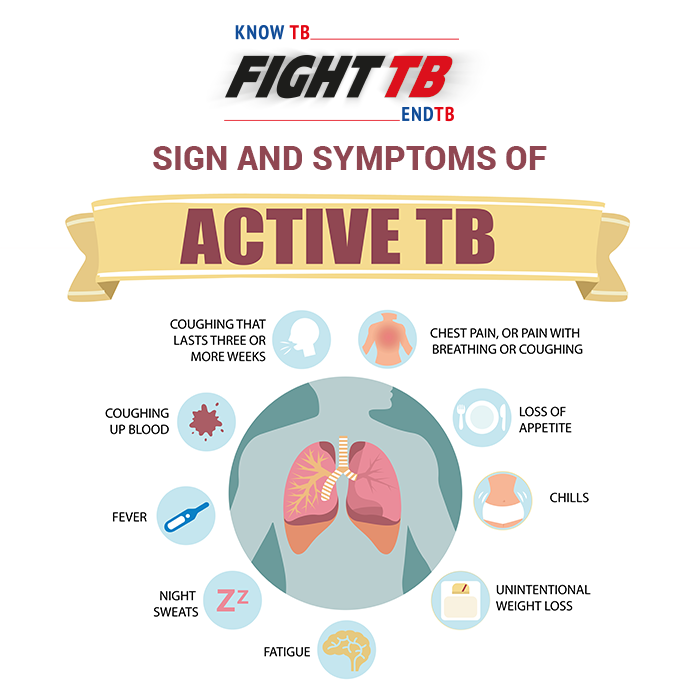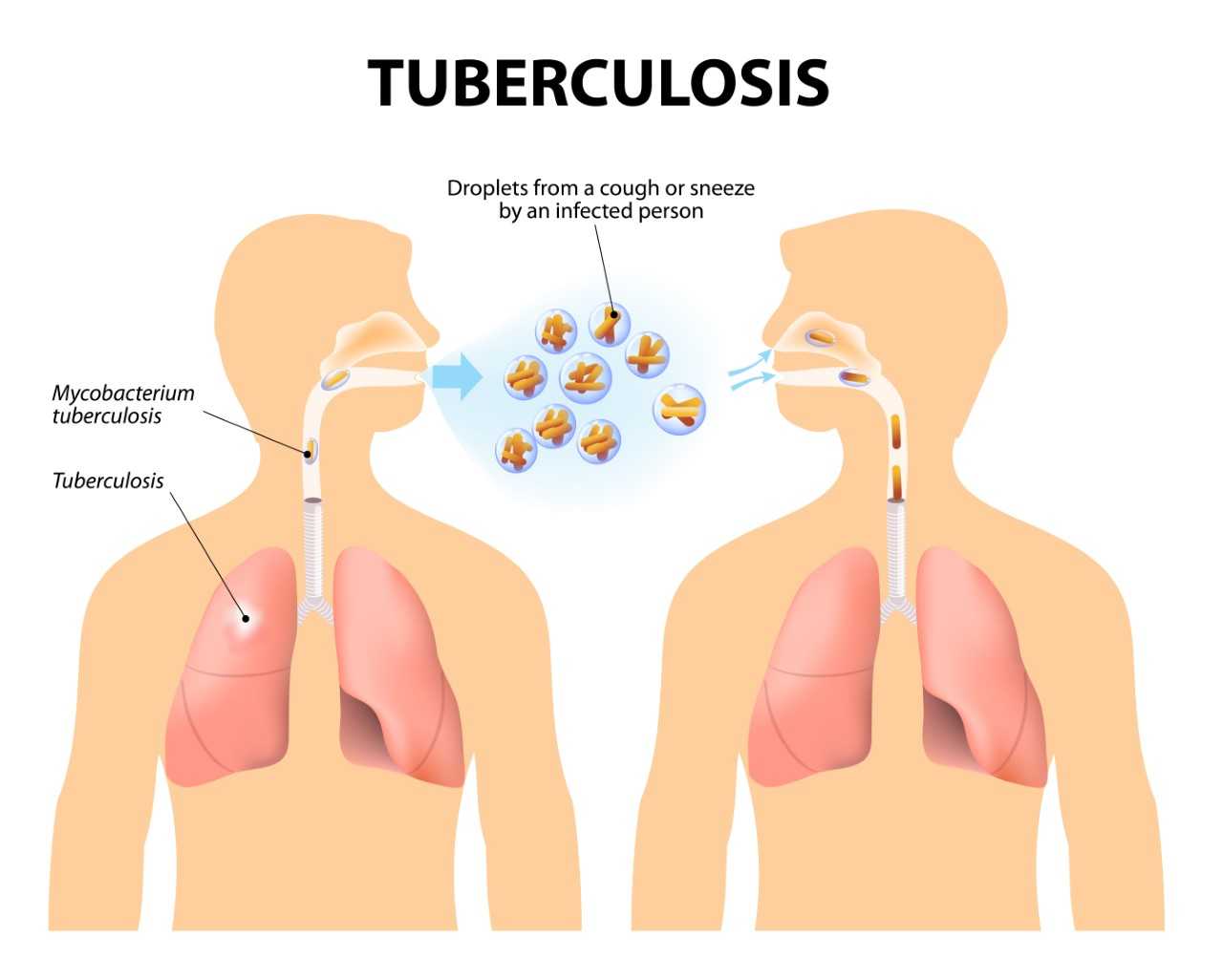How is asthma caused?

Asthma is a common inflammatory condition of the airway that affects people of all ages and groups. Asthma causes chest tightness, shortness of breath, recurring periods of wheezing and coughing.
Do you know that there are 300 million asthma patients worldwide with 1/10th of those living in India? According to Curofy (India’s largest community of verified doctors), 82% of the 1040 doctors polled and claimed the number of asthma cases have significantly increased, especially amid children due to rising environmental pollution. Asthma, at all ages, is a great matter of concern. And, hence, regular test for asthma becomes imperative.
Pollution Level in India
Pollution is one of the major causes of Asthma and breathing problems among humans as well as animals. India, alone accounts to nearly 15-20 million asthmatic patients. As per a rough estimate, the prevalence of asthma and breathing problem falls between 10% & 15% of kids belonging to the age group of 5-11 year.
As per a recent study conducted by WHO in the year of 2016, many Indian cities have been added to the list of world cities with the highest level of particulate matter in the air. Top polluted cities of India include the following:-
- Delhi
- Patna, Bihar
- Gwalior, Madhya Pradesh
- Raipur, Chattisgarh
- Ahmedabad, Gujarat
- Firozabad, Uttar Pradesh
- Amritsar, Punjab
- Kanpur, Uttar Pradesh
- Agra, Uttar Pradesh
- Ludhiana, Punjab
Asthma – Curable or Incurable!
Most people believe that asthma is curable in nature. The stance is not true. Asthma is actually an incurable illness which is harder to get rid of. But, with the advancement in the field of medical science and introduction of new drugs in the market, the condition of asthma can be controlled to a great extent. Asthmatic patients can live a long and healthy life, only if they take their drugs on time.
Types of Asthma
To our surprise, typically there are seven different types of asthmatic conditions which affect people of different age groups, and even showcase different symptoms too. Let’s take a look at these asthma types:-
- Child-Onset Asthma: It begins during childhood. Recurrent wheezing due to a respiratory virus is the initial asthma symptom. Signs and symptoms of asthma widely vary from one child to another. It’s strictly advised that one must consult a physician and get a test for asthma done before the situation gets out of control.
- Adult-Onset Asthma: This type of asthma is common amid individual aging above 20 years and is more common in women than men. People allergic to cats are more prone to this type of asthma. If an individual is not avoiding allergens like chemical, mold, dust, cigarette smoke, etc. this will increase the intensity of asthma and make it worse.
- Exercise-Induced Asthma: Narrowing of the airways of the lungs, mainly due to uptake of strenuous exercise is known as exercise-induced bronchoconstriction asthma. This increases the breathing difficulty and doctor prefer the patient to take treatments as to remain calm and active.
- Cough-Induced Asthma: This is one of the most difficult asthmas to diagnose. The coughing can happen at any time of day or night. This asthma symptom shows a dry cough that does not expel any mucus. This type of asthma causes wheezing and shortness of breath and majorly found in young kids.
- Occupational Asthma: This condition triggers due to the presence of contaminant in and around a person’s place of work. Some of the factors which trigger Occupational Asthma includes dust, vapors, chemicals, gases, fumes, smoke or other particles. Occupational asthma causes lung disorder wherein substances found in the workplace increase the allergy and irritation. This asthma type is unique and shows asthma symptoms such as chest tightness, coughing, shortness of breath, and attack of wheezing.
- Nocturnal Asthma: It usually occurs between midnight and 8 AM and due to allergens in homes such as pet dander and dust or is caused by sinus conditions. Nocturnal asthma causes complications in sleeping and you feel tired and irritation all the time. You are not able to concentrate due to restlessness. Some typical asthma symptoms include heavy coughing, wheezing at night, problem in sleeping, Its severity increases during the night, especially when a person retires to bed.
- Steroid-Resistant Asthma (Severe Asthma): Most of the patients respond to regularly inhaled glucocorticoid (steroid) therapy, some are steroid resistant. The current asthma therapy guidelines are focused on the use of anti-inflammatory therapy, particularly inhaled glucocorticoids (GCs).
Asthma Symptoms
Asthma detection is quite difficult as people fail to understand its symptoms. Let’s take a look at some of the most common signs and symptoms of asthma?
- Coughing: Coughing in asthma is worse at night or early morning, making it hard for an asthmatic patient to sleep.
- Wheezing or a whistling noise in the chest: Wheezing is a whistling or squeaky sound that occurs when a person breathes.
- Shortness of breath: Sometimes asthmatic people are unable to catch a breath or they feel out of breath. This is typically due to a persistent problem in the air way.
- A tight feeling in the chest: It’s a feeling wherein a person experiences heaviness near the chest or a sinking feeling that won’t go away.
- Frequent respiratory infections
- Dryness in a cough
- Sweaty & pale face
- Anxiety or panic situation
- Difficulty in talking
Not every asthmatic person experiences the same kind of asthma symptoms as listed above. While some may experience mild symptoms, there are some who may witness chronic symptoms and need immediate care.
Causes of Asthma
Asthma varies from one person to another. It also depends upon the strength of the immune system of an individual. Those who are allergic to certain substances are at a greater risk of having a chronic breathing problem or asthma.
Some common causes of asthma are as follows:-
- Airborne substances, such as dust mites, pollen, pet dander, mold spores or particles of cockroach waste
- Respiratory infections (For e.g., common cold, etc.)
- Physical activity (including exercise)
- Irritants such as air pollution, chemicals, cigarette smoke or dust in the workplace, compounds in home decor products, and sprays
- Certain medications such as aspirin or other no steroidal anti-inflammatory drugs and nonselective beta-blockers
- Stress and strong emotions
- Sulfites & preservatives in foods and drinks
Test for Asthma
Diagnosis of asthma is based on different factors, such as a detailed medical history, a physical exam and overall health of the person, and the lab test results. Below mention are some test for asthma:-
- Medical history: It is very important to talk about the symptoms and health status with the doctor for proper diagnosis. The more open a patient is, about his/her condition, the better diagnosis can be made by a physician.
- Physical exam and overall health: In addition to one’s medical history, physical and overall health are also a way of checking the depth of asthmatic condition. This includes the following examinations:-
- Examine the throat, nose, and upper airways for congestion.
- Use a stethoscope to analyze the breathing pattern.
- Examine the skin for signs of allergic conditions like eczema and hives.
- Test for Asthma: Asthma is directly related to the functioning of the lungs. So, a physician may use a series of tests to determine how well the lungs are working.
- Spirometry: This is the main test to diagnose of asthma in people (5 years or older). If the lung test measurements are below the normal range, for a person per his/ her age group, it may indicate asthma has narrowed his/ her airways.
- Challenge test: If the spirometer results are normal or near normal, then a challenge test is suggested to confirm the authenticity of the results.
- Lung tests in children: Physicians, not very often, do a lung test in children under the age 5 years. Instead, the diagnosis is based on a child’s sign & symptoms, physical examination & medical history. If a child is diagnosed with asthma, a physician may prescribe a bronchodilator (a drug) that opens the airways.
- Exhaled nitric oxide test: A tube is connected to a machine that measures the amount of nitric oxide gas in one’s breath. High levels of nitric oxide gas in the breath indicate the presence of asthmatic conditions.
Although, there are no blood tests that suggest the presence and/or cause of asthma in patients, blood may be checked to measure the infection in the body that might be a reason behind the onset of the condition. To get a test for asthma done, visit the nearest medical facility or a pathology labs.
Asthma Prevention
Preventing oneself from asthma is imperative. But, that’s only possible if people take care of themselves and adhere to asthma prevention norms and rules. Asthmatic patients must know what situations trigger an asthmatic attack and should avoid them whenever possible. If asthma attacks are severe, then consult with an allergist to curtail the problem. Asthma prevention is very important and critical for both, an asthmatic as well as a non-asthmatic person. Taking preventive measures is necessary.














